5100 Mini-Store (5100 微型百貨) takes art out of the exhibition space and online, where viewers become a part of artist Wu Chien-yi’s (吳芊頤) work by shopping for canvases depicting nearly 400 products on her blog or the Ruten (露天拍賣) online auction site.
Canvases created for 5100 Mini-Store are currently on display as part of the 2011 Taipei Arts Award (臺北美術獎) exhibition, which is at the Taipei Fine Arts Museum (台北市立美術館) until March 4.
The concept for 5100 Mini-Store was inspired by the experience of browsing online auctions and stores. Wu used image thumbnails on Web sites like Ruten and Go Happy (快樂購物網) as visual references.
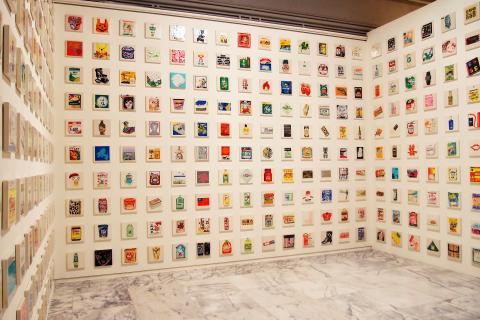
Photo courtesy of Wu Chien-yi
“When we look at listings online, everything has been reduced to a photo, one after another. On the Internet, everything looks the same, no matter what it is. It’s all uniform,” says Wu.
Wu used colored tape to create each of the 21cm2 canvases, which show items ranging from detergent to Gucci wallets. There are several depictions of Andy Warhol’s most recognizable artworks; one canvas features the cover of Walter Isaacson’s Steve Jobs biography. The canvases are priced at NT$3,000 each and can be purchased on Ruten or by contacting Wu through e-mail.
The amount of detail in each of Wu’s images varies from canvas to canvas, but many of the brands are recognizable upon first glance.
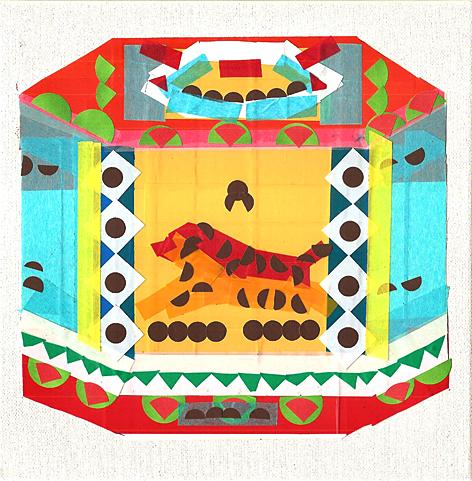
Photo courtesy of Wu Chien-yi
“[Wu] uses the same material in all of the canvases and they are all the same size, which focuses our attention on the question of how we determine each object’s value,” says artist Wang Jun-jieh (王俊傑), who was part of the jury that selected pieces to be included in the Taipei Arts Award exhibition. Wu was one of 15 artists picked from a pool of 264 submissions.
Wu, who began conceptualizing the project a year ago, spends 40 minutes to about two hours working on each canvas. A series of food items features snacks such as a bag of peanut M&M candies, Oreo cookies and cans of soft drinks like Pepsi, Coca Cola and Sidra. Entertainment products include a black Nintendo Wii console and an HTC Wildfire S smartphone. Other canvases show quotidian objects like a white Mono plastic eraser and a pack of 3M Command adhesives.
One series of canvases focuses on products that were found to contain di(2-ethylhexyl) phthalate, or DEHP, during a food contamination scandal last year.
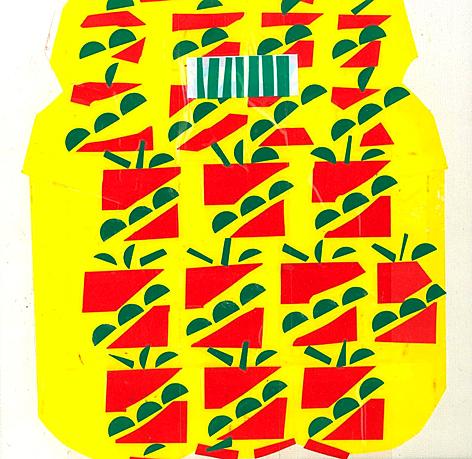
Photo courtesy of Wu Chien-yi
“Everyone refused to purchase them. The items all became highly recognizable,” Wu says.
Though Wu has created about 400 canvases, only eight have been purchased so far, most by customers who found her artwork through 5100 Mini-Store’s blog or Ruten.
“She hasn’t sold a lot of canvases, but she is using the Internet as a platform to talk about consumer value and I think that is something only young artists can do, because the Internet is such a big part of their life and using it is completely natural to them,” says Wang, the head of the Center for the Study of Art and Technology at the Taipei National University of the Arts (國立台北藝術大學).
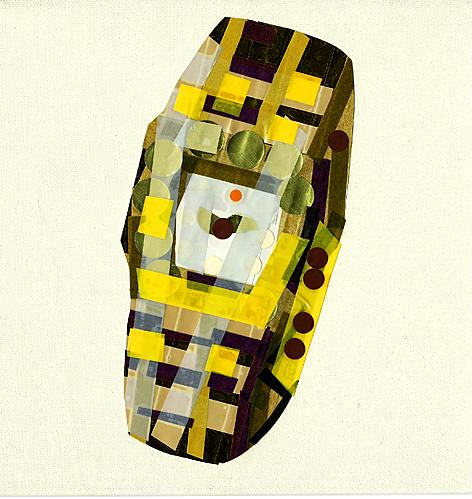
Photo courtesy of Wu Chien-yi
Wu chose tape because it is a common household material. Rolls of tape are stacked on a worktable that has been set up in the Taipei Fine Arts Museum installation, and bits of the material overflow from three trash cans. During the opening day of the Taipei Arts Award exhibition, Wu sat at the table and worked on a canvas.
“One of the things I want to do was to make my process as transparent as possible, so everyone knows how I work and what materials I work with,” says Wu.
Wu plans to keep creating new canvases for 5100 Mini-Store, including a series that will focus on art supplies. Now that her canvases are listed online, Wu says people sometimes stumble upon 5100 Mini-Store’s “items” while searching for the original object.
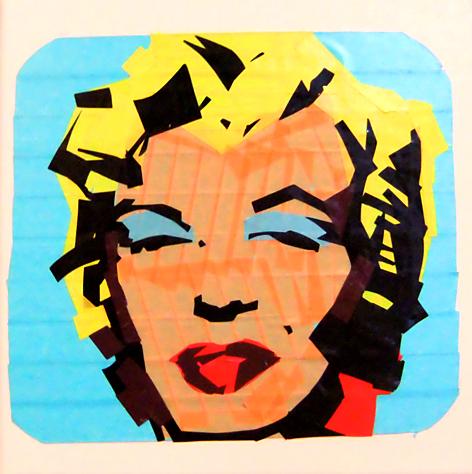
Photo courtesy of Wu Chien-yi
“Someone saw my work in a Google search, and said it was easy to recognise what the items were without reading the descriptions,” says Wu.
“Sometimes people go looking for the actual item and this is what they find instead. It gives it new life,” she adds. “When you go shopping online, you don’t know what you will actually end up with.”
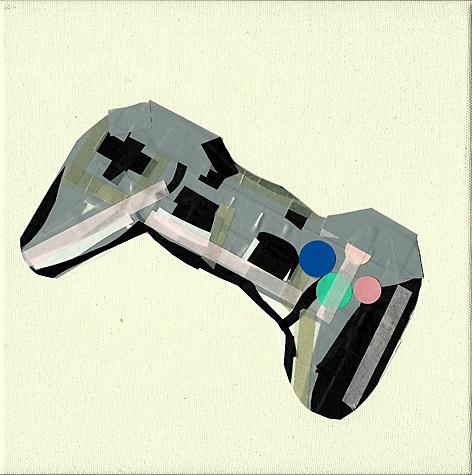
Photo courtesy of Wu Chien-yi
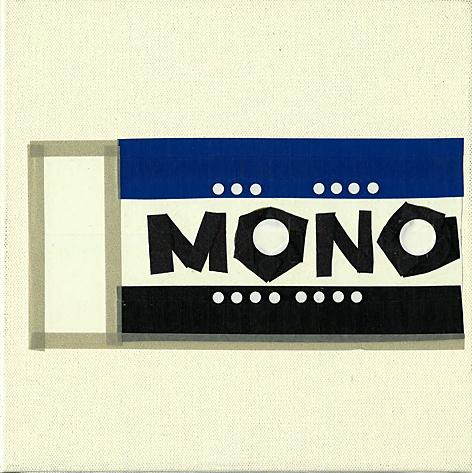
Photo courtesy of Wu Chien-yi
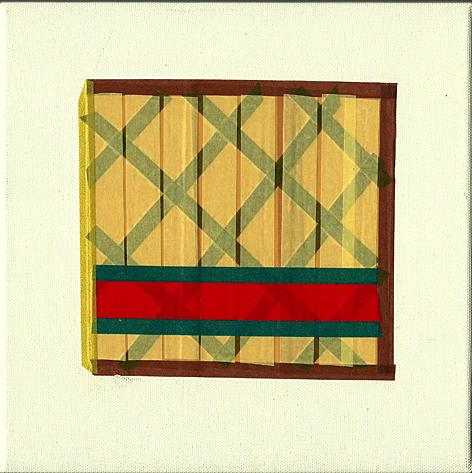
Photo courtesy of Wu Chien-yi
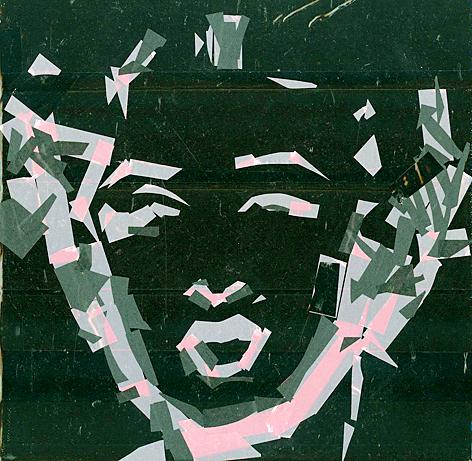
Photo courtesy of Wu Chien-yi

Towering high above Taiwan’s capital city at 508 meters, Taipei 101 dominates the skyline. The earthquake-proof skyscraper of steel and glass has captured the imagination of professional rock climber Alex Honnold for more than a decade. Tomorrow morning, he will climb it in his signature free solo style — without ropes or protective equipment. And Netflix will broadcast it — live. The event’s announcement has drawn both excitement and trepidation, as well as some concerns over the ethical implications of attempting such a high-risk endeavor on live broadcast. Many have questioned Honnold’s desire to continues his free-solo climbs now that he’s a

Francis William White, an Englishman who late in the 1860s served as Commissioner of the Imperial Customs Service in Tainan, published the tale of a jaunt he took one winter in 1868: A visit to the interior of south Formosa (1870). White’s journey took him into the mountains, where he mused on the difficult terrain and the ease with which his little group could be ambushed in the crags and dense vegetation. At one point he stays at the house of a local near a stream on the border of indigenous territory: “Their matchlocks, which were kept in excellent order,

Jan. 19 to Jan. 25 In 1933, an all-star team of musicians and lyricists began shaping a new sound. The person who brought them together was Chen Chun-yu (陳君玉), head of Columbia Records’ arts department. Tasked with creating Taiwanese “pop music,” they released hit after hit that year, with Chen contributing lyrics to several of the songs himself. Many figures from that group, including composer Teng Yu-hsien (鄧雨賢), vocalist Chun-chun (純純, Sun-sun in Taiwanese) and lyricist Lee Lin-chiu (李臨秋) remain well-known today, particularly for the famous classic Longing for the Spring Breeze (望春風). Chen, however, is not a name

There is no question that Tyrannosaurus rex got big. In fact, this fearsome dinosaur may have been Earth’s most massive land predator of all time. But the question of how quickly T. rex achieved its maximum size has been a matter of debate. A new study examining bone tissue microstructure in the leg bones of 17 fossil specimens concludes that Tyrannosaurus took about 40 years to reach its maximum size of roughly 8 tons, some 15 years more than previously estimated. As part of the study, the researchers identified previously unknown growth marks in these bones that could be seen only